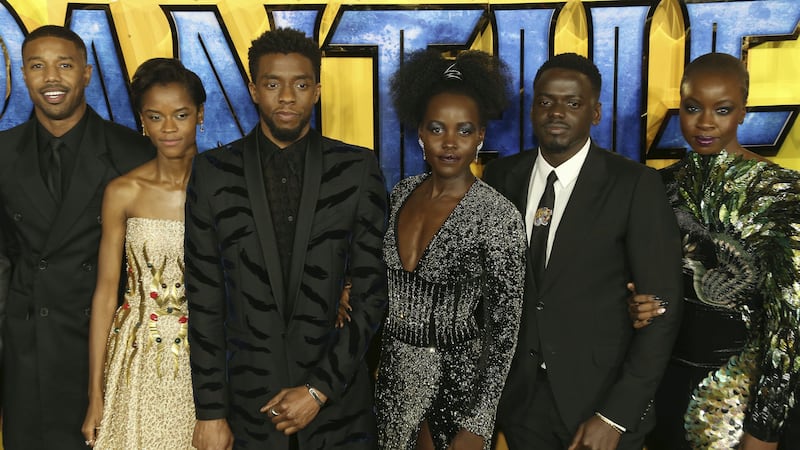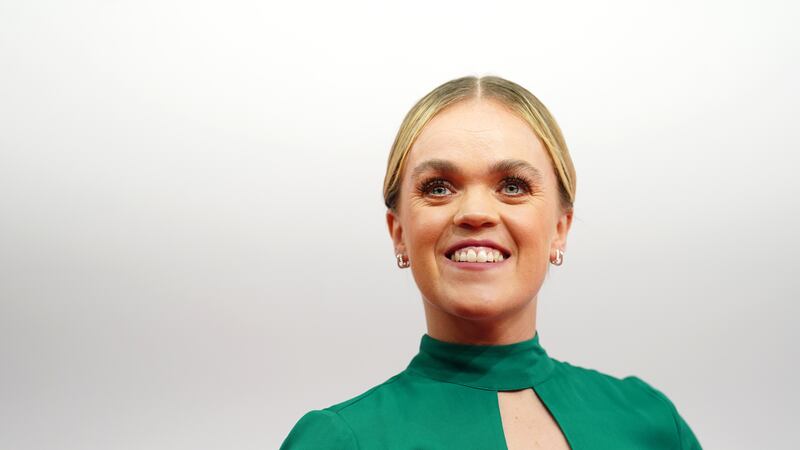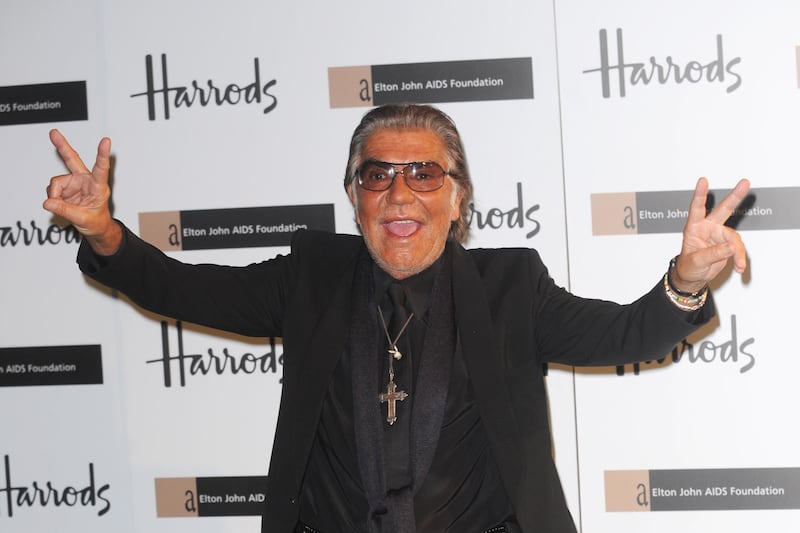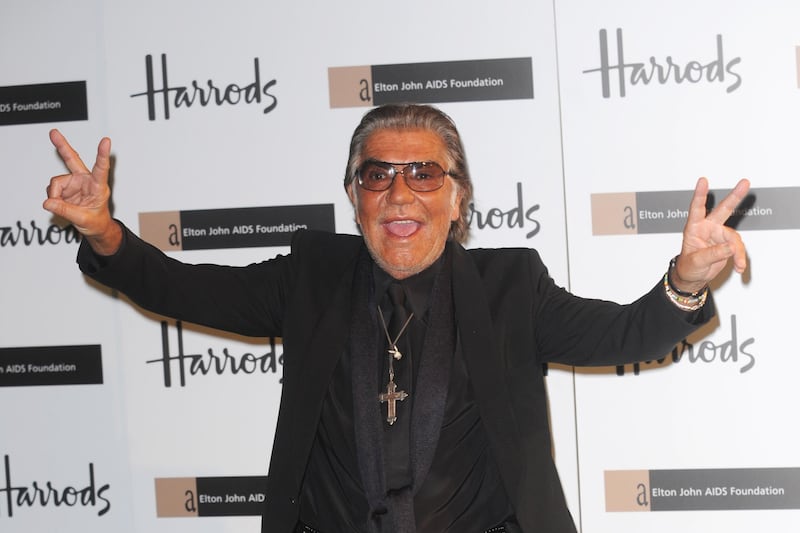When Chadwick Boseman signed on to play the lead role in Black Panther, he must have been aware the part carried added significance.
He played T’Challa, the king of secret African kingdom Wakanda and the first black superhero in mainstream comics.
Amid sky-high expectations, director Ryan Coogler and Boseman, who has died at the age of 43, delivered one of the most radical films the genre has seen.
On its 2018 release, Marvel’s Black Panther proved to be a landmark moment in the fight for greater representation in Hollywood, putting black characters at the centre of a blockbuster production.
The film holds a 96% rating on review aggregation website Rotten Tomatoes, grossed more than 1.3 billion dollars (about £974 million) worldwide and became the first superhero film to earn a best picture nod at the Oscars.
But its legacy is perhaps better measured in the millions of fans it inspired after seeing themselves represented on the big screen for the first time.
The film sparked a worldwide celebration of African culture, with the character’s famous “Wakanda Forever” salute giving millions an added sense of pride in their African heritage.
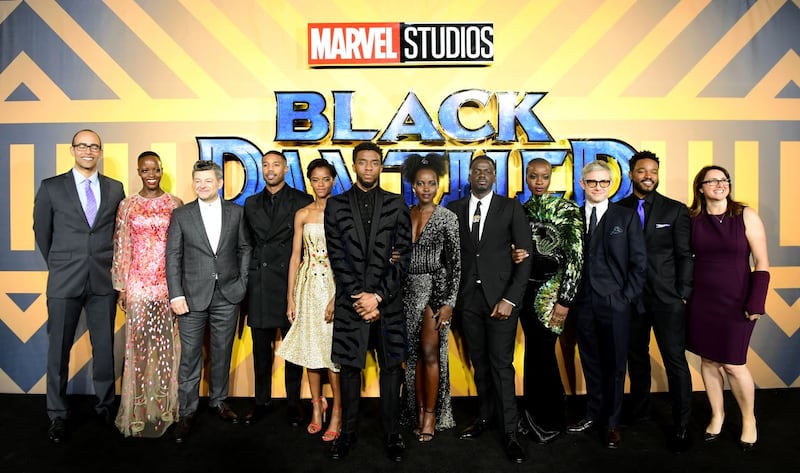
“It was important to us, I didn’t know how other people would feel about it,” Boseman said during a discussion on the film’s impact on Good Morning America.
“I knew just from the comic book what a Black Panther movie could be, the type of impact it could have, I knew it would be a revolutionary idea. I didn’t necessarily know that people would buy out (seats in) theatres.
“This thing has taken on its own life. It’s amazing to watch how excited people are.”
Boseman added: “There is a sense of pride that I’ve seen from most people when they come out of the theatre that is a very unique experience across the board, whether they’re African-American or African, or white, or Asian.”
